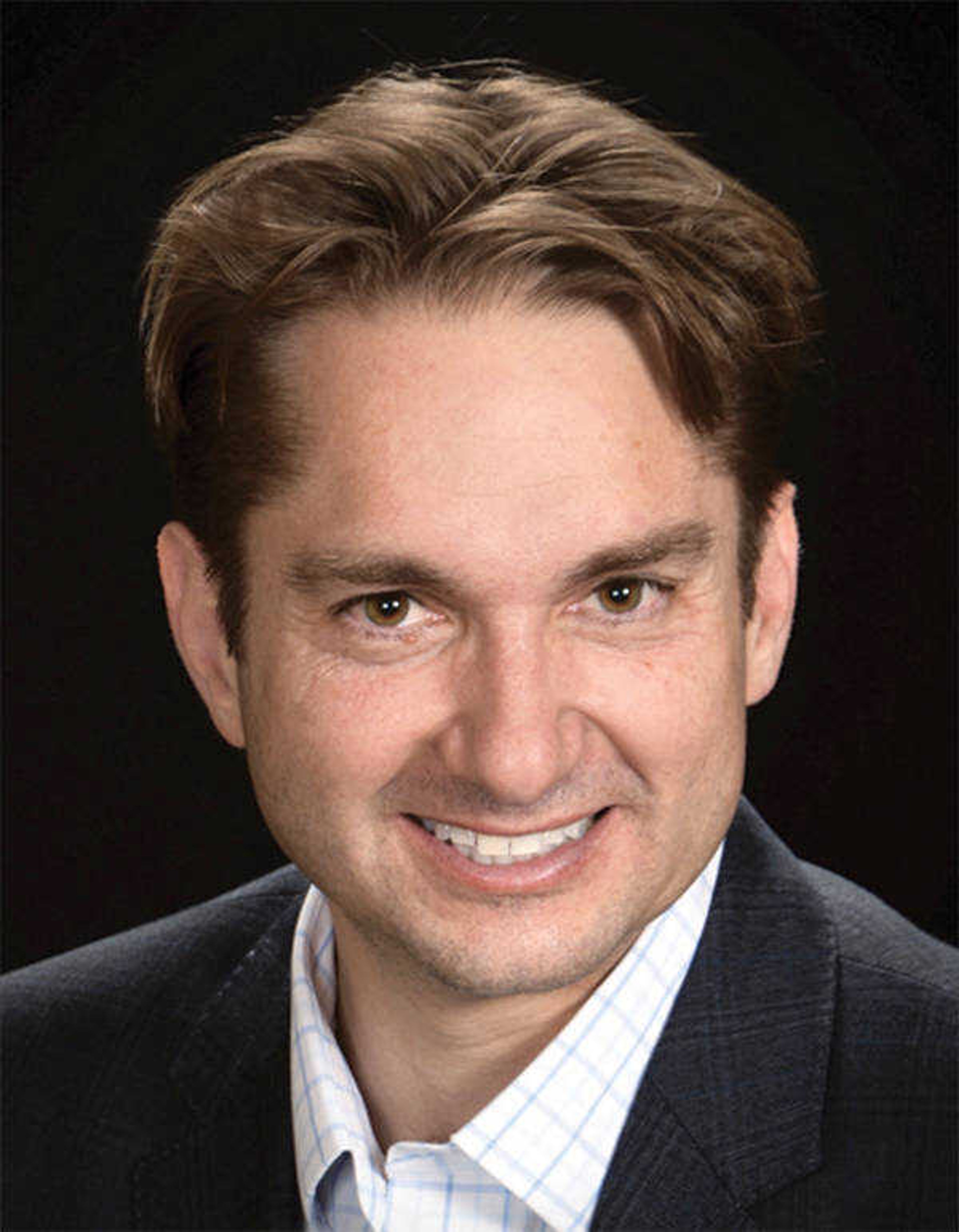Innovation in medical care
I had an opportunity to attend a private open house at Saint Francis' new Heart Hospital Cancer Institute on Wednesday night. It included an impressive tour of a facility that places Cape Girardeau at the forefront in this vital area of medical care with inspired patient considerations and the best -- beyond words -- technology available...
I had an opportunity to attend a private open house at Saint Francis' new Heart Hospital Cancer Institute on Wednesday night. It included an impressive tour of a facility that places Cape Girardeau at the forefront in this vital area of medical care with inspired patient considerations and the best -- beyond words -- technology available.
Both hospitals in Cape Girardeau feature state-of-the-art health care and award-winning service, which is a tribute to the visionary management and compassionate medical staffs who live and work and dedicate themselves to their patients. Truly, the benefits to the quality of life for our community because of these hospitals, the physicians and their staffs are immeasurable.
For those wanting to take their own tour of Saint Francis' new $84 million facility, there is a public open house from 1 to 3 p.m. today. As a nice touch by Saint Francis management, one of the first groups to take the full tour of the facility last week were the contractors -- along with their families -- who worked on the building. They should all be proud.
At the dinner, Saint Francis president and CEO Steven Bjelich talked about the significant milestone represented by the Institute, and as usual, he gave tribute to the physicians who spearheaded the innovative workflow -- and technology design -- of the space, as well as those who built it. Dr. Carlos Robles, medical oncologist/hematologist offered his perspective on the services to be provided while Dr. Edward Bender, cardiothoracic surgeon, delighted the crowd with an adaptation of the Gettysburg Address outlining the battle against disease.
Capping the evening was an address about adaptive innovation in health care by physician, strategist and award-winning writer John Kenagy, MD. He didn't stop talking until nearly 11 p.m., but the message was provocative.
Here are some of my notes:
* "The challenge of the 21st century is that we must deliver much more and better health care at continually lower costs. Successful health care organizations of the future must be and act different."
* He contrasted the advantages of incumbent medical leaders that helped them get to where they are today, but usually stifle their ability to adapt as times change: "Successful innovators adapt and thrive by rapidly making choices that others don't. It's not 'best practices,'" he said.
* "Historically successful structures, strategies, methods and mindsets will stop us, halt us, prevent us from doing what needs to be done. It's almost impossible to innovate" from a successful legacy position. Instead, Kenagy advocated for adaptive innovation.
* The old paradigm is to "move data up to people in meetings who analyze, prioritize and implement solutions." It has the principle: "Think your way to a new way of acting." The new paradigm is to "develop new, rapid, effective real time problem-solving close to the information." The new principle: "Act your way to a new way of thinking."
* Some of his ideas weren't new, but they're worth repeating: "You can have the world's greatest technology, but you need people to succeed."
* "Watch people develop timely, role-specific, actionable data to see what they actually do" if you're going to change the system. Don't just act upon what you think they're doing.
* "Choose to make quality and improvement everyone's job, everyday."
I could go on. But you get the idea. Kenagy's book, titled "Decision to Adapt" won the 2011 Book of the Year from the American College of Healthcare Executives. It's worth reading, especially if you're in the field. But the message crosses all industries, and it's a warning to all who think they're at the top of their game.
Talking about the evening would not be complete without making a point about the doctors and hospital staff who let me join them at their table for dinner. It was a joy to listen to fascinating insights into everything from the origin of language to the challenges of providing health care in Papua New Guinea. All together, it was a delightful, inspiring and provocative evening and a reminder of the benefit that the hospitals bring to our region.
Jon K. Rust is publisher of the Southeast Missourian. His email address is jrust@semissourian.com.
Connect with the Southeast Missourian Newsroom:
For corrections to this story or other insights for the editor, click here. To submit a letter to the editor, click here. To learn about the Southeast Missourian’s AI Policy, click here.










